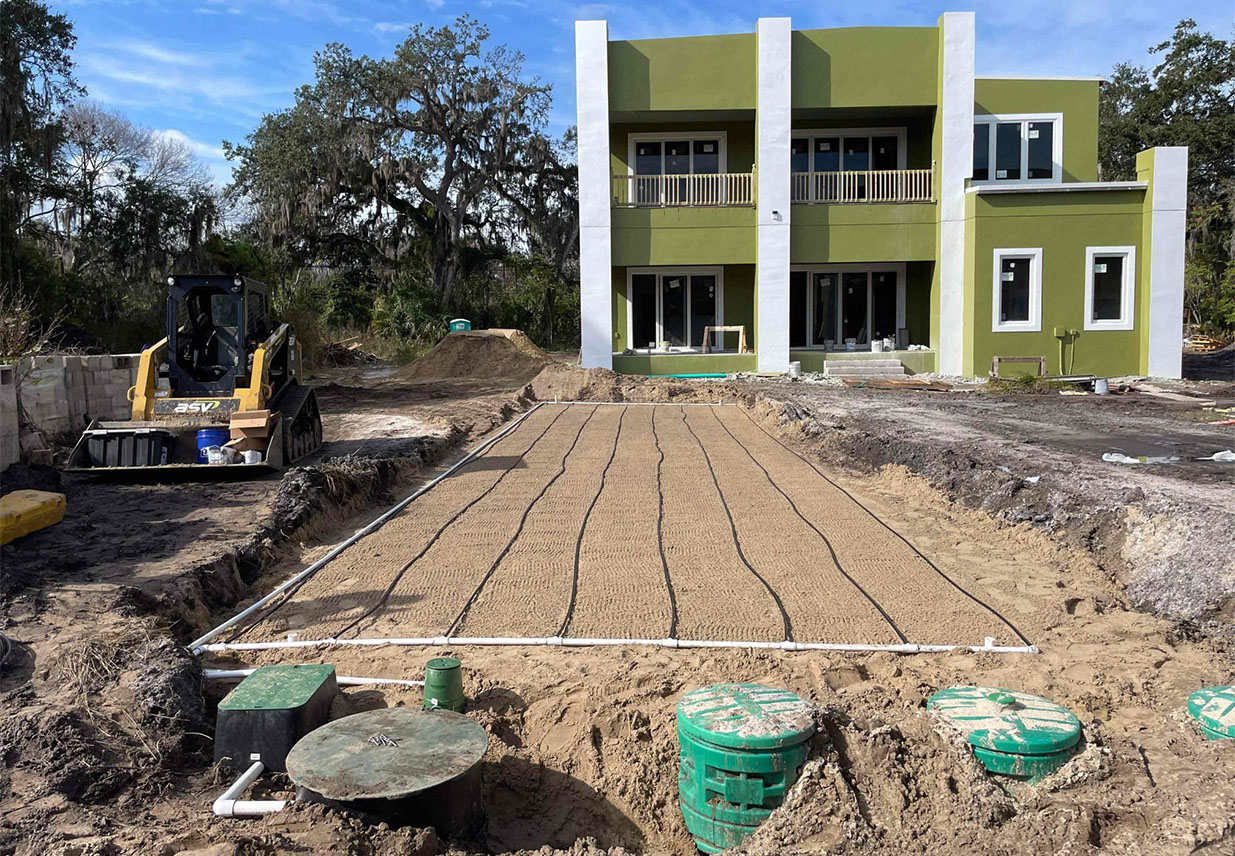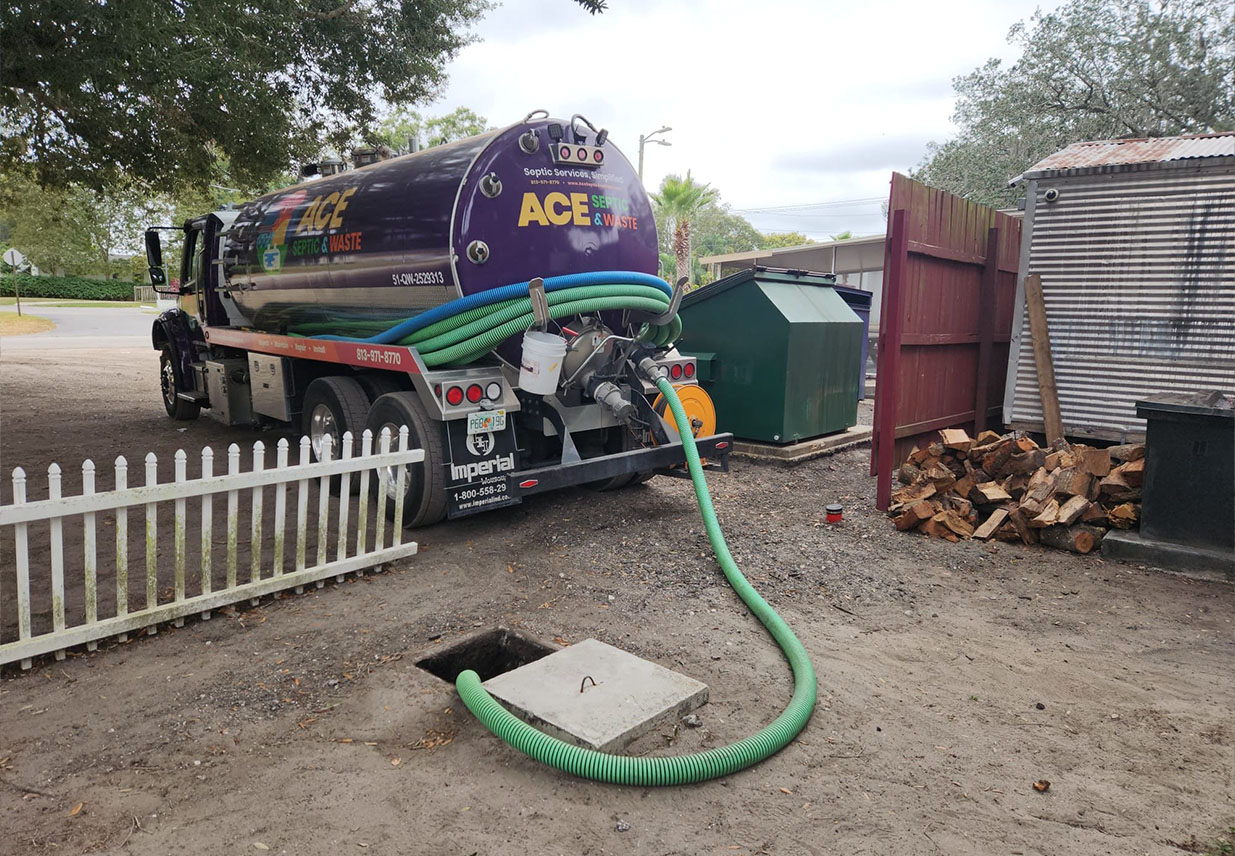Maintaining a healthy drain field is crucial to the overall functioning of your septic system. Without proper care, you may find yourself facing costly repairs or even a complete replacement. This guide offers comprehensive tips for maintaining a healthy drain field around your home, ensuring that your septic system operates efficiently and effectively.
Understanding Your Drain Field System
What is a Drain Field?
A drain field, also known as a leach field or leach bed, is an essential component of a septic system. It acts as the final stage in treating wastewater from your home. When wastewater flows from the septic tank, it enters the drain field where microorganisms break down harmful pathogens.
How Does a Drain Field Work?
The drain field disperses treated effluent into the soil, allowing it to naturally filter through layers of earth. The soil serves as an additional filtration system, removing contaminants before the water re-enters groundwater systems.
Why Is Maintaining a Healthy Drain Field Important?
Neglecting your drain field can lead to significant problems. Over time, soil can become clogged with solids and grease, leading to backups and unpleasant odors. Furthermore, improper maintenance can result in environmental issues such as groundwater contamination.
Tips for Maintaining a Healthy Drain Field Around Your Home
1. Schedule Regular Septic Tank Pumping
One of the most important tips for maintaining a healthy drain field is to schedule regular septic tank pumping. This prevents sludge buildup and overflow into the drain field.
How Often Should You Pump Your Septic Tank?
Typically, you should pump your septic tank every 3-5 years depending on household size and usage. However, if you're unsure about when your last pumping occurred, consult with professionals like ACE Septic & Waste for expert advice.
What Are the Signs You Need Septic Tank Pumping?
Some signs include slow-draining sinks, foul odors around your yard, or wet spots near your drain field. If you notice any of these symptoms, it’s time to call in the experts!
2. Keep Heavy Objects Off the Drain Field
Avoid parking vehicles or placing heavy objects on or near your drain field. The pressure can compact the soil and hinder drainage.
What Are Other Activities to Avoid Near Your Drain Field?
Activities like building decks or storing equipment can also damage the area around your drain field. It's best to keep this space clear for optimal performance.
3. Diversify Plant Life Around Your Drain Field
Choosing appropriate vegetation around your drain field can enhance its health without causing harm.
Which Plants are Best for Drain Fields?
Opt for shallow-rooted plants such as grass or wildflowers that won’t interfere with pipes but will help absorb excess moisture.

4. Practice Water Conservation
Water conservation not only benefits your wallet but also helps maintain an efficient drain field.
How Can You Conserve Water?
Simple changes like fixing leaks promptly and using water-efficient fixtures can make a big difference over time.
5. Be Mindful of Chemical Use
Household chemicals can disrupt the balance of bacteria in your septic tank and consequently affect your drain field's functionality.
What Chemicals Should You Avoid?
Try limiting bleach, antibacterial soaps, and solvents which can kill beneficial bacteria necessary for breaking down waste.
Common Mistakes to Avoid with Your Drain Field Maintenance
1. Ignoring Warning Signs
Ignoring signs such as slow drainage or unusual smells only exacerbates issues over time.
2. Neglecting Regular Inspections
Regular inspections by professionals like ACE Septic & Ace Septic & Waste Waste are key to identifying potential problems before they escalate into costly repairs.
Understanding Local Regulations Regarding Drain Fields
Do Local Codes Affect Your Drain Field Maintenance?
Yes! Each locale has specific regulations governing septic systems and their maintenance protocols that must be adhered to ensure compliance and avoid fines.
FAQs About Maintaining a Healthy Drain Field Around Your Home
Q1: How do I know if my drain field is healthy?
A: Signs include even vegetation growth and no foul odors present in surrounding areas.
Q2: What happens if my drain field fails?
A: A failed drain field could lead to sewage backups inside your home or create hazardous conditions outside; professional help is needed immediately!
Q3: Can I plant trees near my drain field?
A: It’s best to avoid planting trees or large shrubs since their deep roots might disrupt pipes and cause damage.
Q4: How long does a typical drain field last?
A: With proper care and maintenance, a good quality drain field can last between 20-30 years!
Q5: What should I do if I suspect my system is failing?
A: Contact professionals like ACE Septic & Waste right away for an inspection!
Q6: Can I use additives in my septic system?
A: While some additives claim to boost bacterial activity, many professionals advise against them because they often do more harm than good.
Conclusion
Maintaining a healthy drain field around your home requires diligence Septic tank Pumping but pays off significantly in peace of mind and financial savings down the road. By following these tips—such as regular septic tank pumping by trusted experts like ACE Septic & Waste—you’ll ensure that both your septic system and environment remain safe from contamination while prolonging the life of one of your home's critical systems.
Remember—proper care today means fewer headaches tomorrow!
